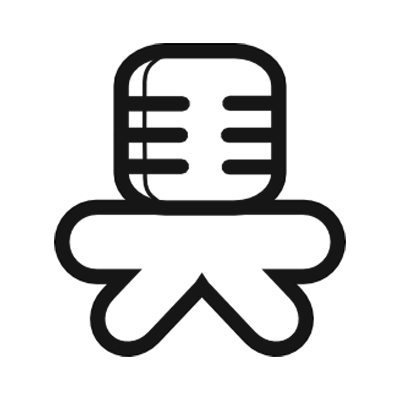Converting OGG files to WAV format can be necessary for a number of reasons. OGG is a compressed audio file format that is commonly used for streaming and online distribution due to its smaller file size. However, it may not be compatible with certain audio editing software and hardware devices that support the WAV format. WAV files are uncompressed and provide high-quality audio, making them ideal for professional audio editing and production. By converting OGG files to WAV, users can ensure compatibility with a wide range of software applications and devices, allowing for easy editing, mixing, and mastering of audio content. Whether you are a music producer, sound engineer, or simply someone who wants to convert their OGG files to WAV for personal use, our website provides a comprehensive list of converters that can help you achieve this task. From free online converters to premium software options, our list has something for everyone's needs and preferences. Simply choose the converter that suits you best and start converting your OGG files to WAV effortlessly.





















An OGG file is a type of audio file that uses the OGG container format. It is an open and free format that was developed to provide an alternative to other audio file formats like MP3. The OGG format is known for its high audio quality and small file size, which makes it perfect for storing and streaming audio over the internet. One of the key features of OGG files is that they support multiple streams of audio and metadata, allowing for advanced features like multi-channel surround sound and tagging. This flexibility, along with its open source nature, has made OGG a popular choice for audio encoding and playback across various platforms and devices.
A WAV file, short for Waveform Audio File Format, is an uncompressed audio file format commonly used on Windows operating systems. It contains audio signals, such as music or spoken words, that are recorded and stored in a digital format. WAV files are often favored for their high audio quality and accuracy, making them an excellent choice for professionals in the music and sound production industry. Unlike other compressed audio file formats, like MP3 or AAC, WAV files preserve the original audio data with no loss in quality. This means that WAV files are larger in size but provide a more robust audio representation. Due to their uncompressed nature, WAV files are typically used in applications that require the highest audio fidelity, such as professional recording studios or mastering audio tracks. They are also commonly used when high-quality audio is necessary, such as in audio editing or producing sound effects for video games or films.